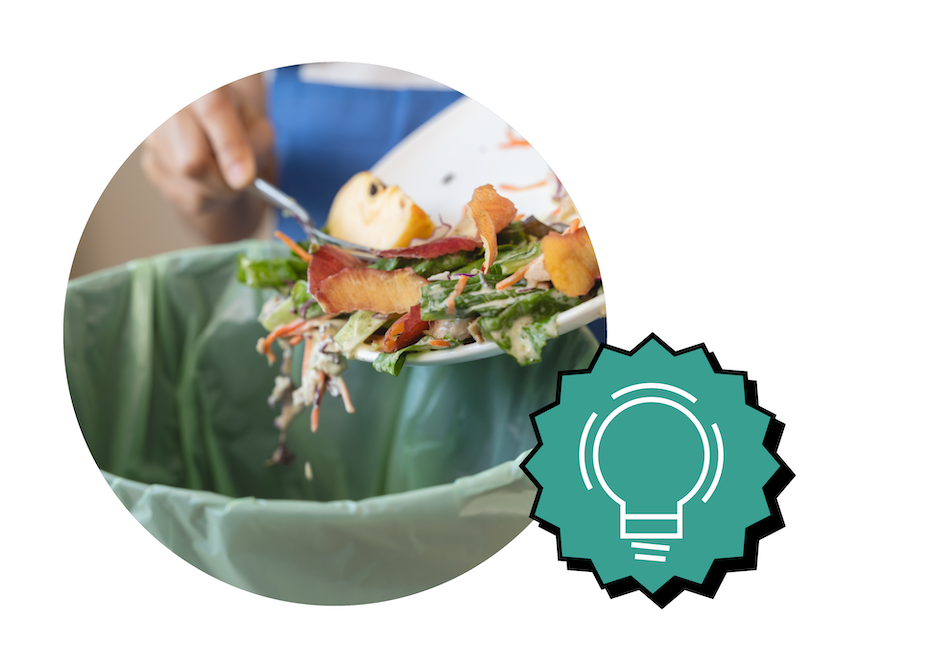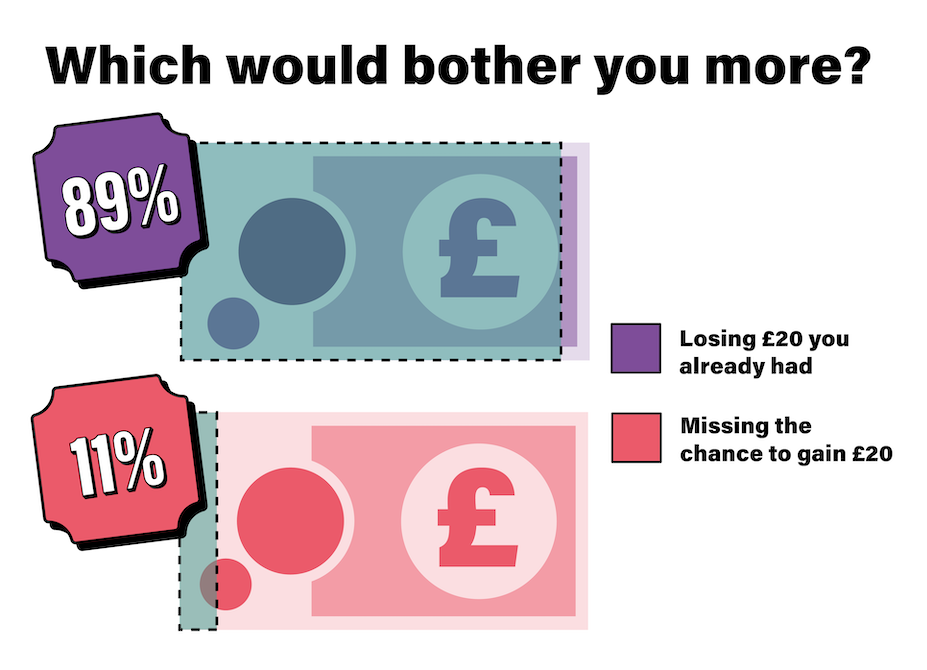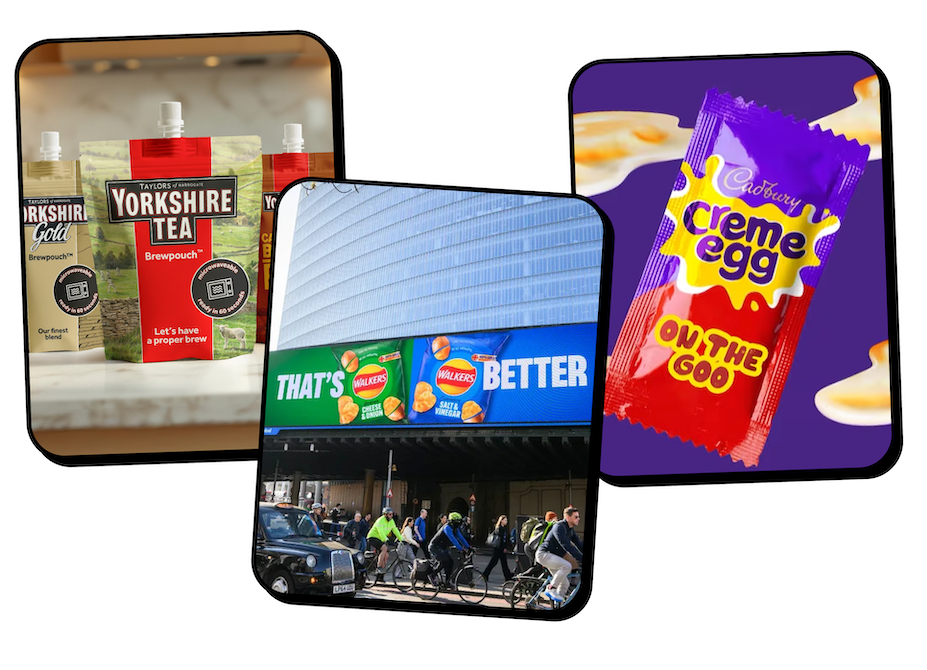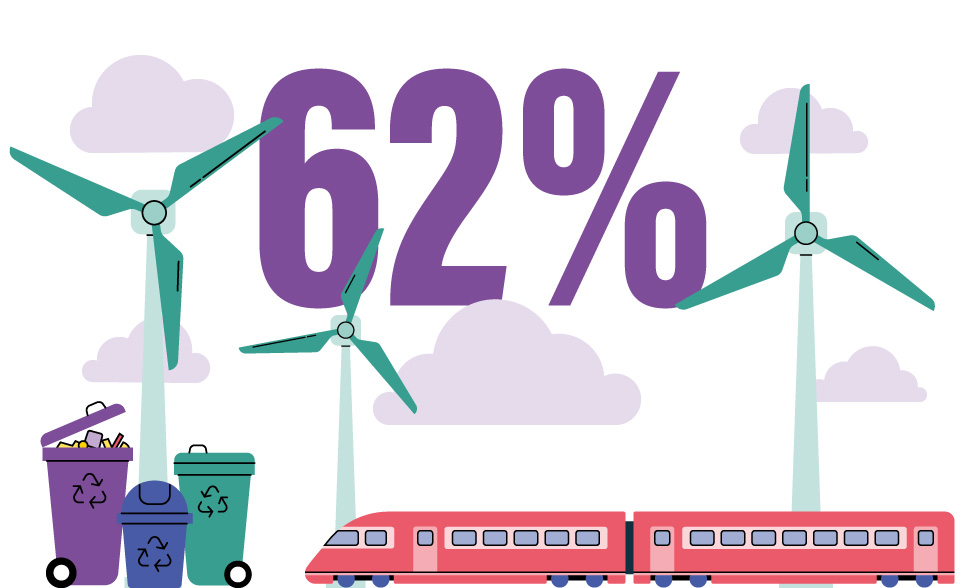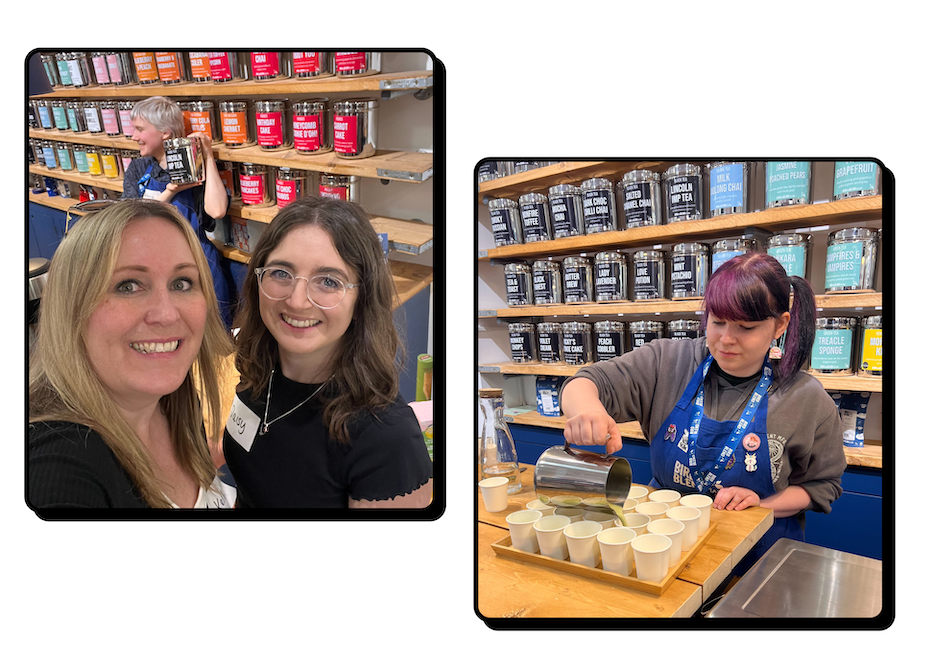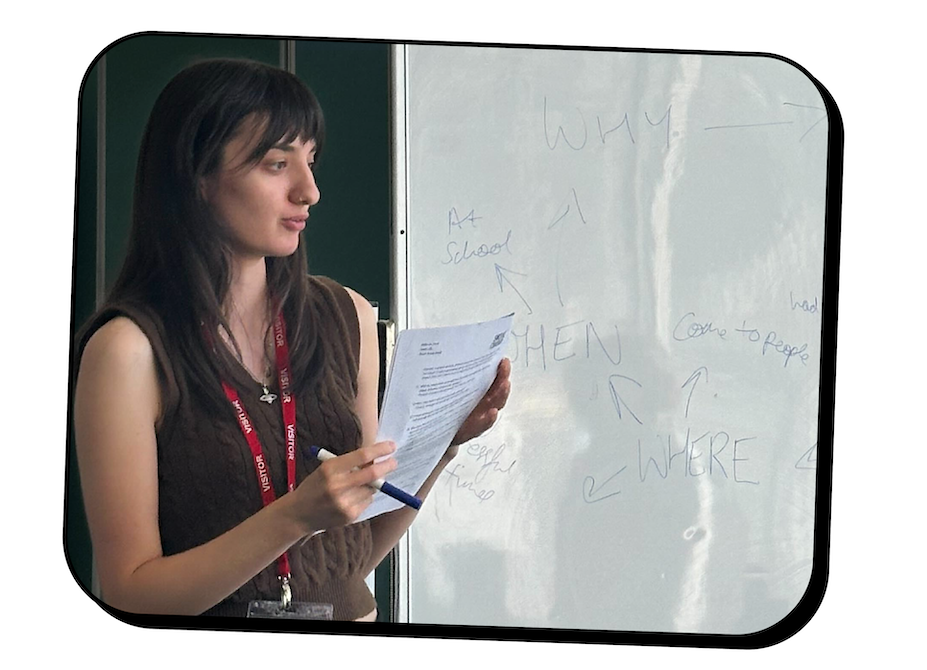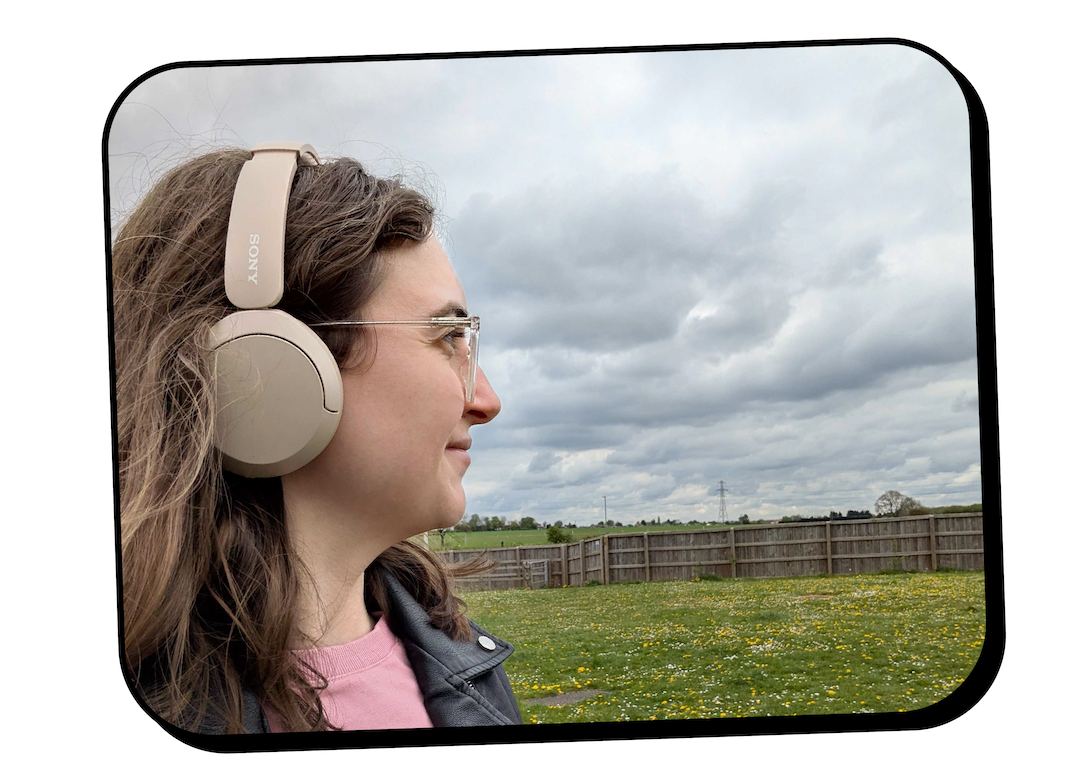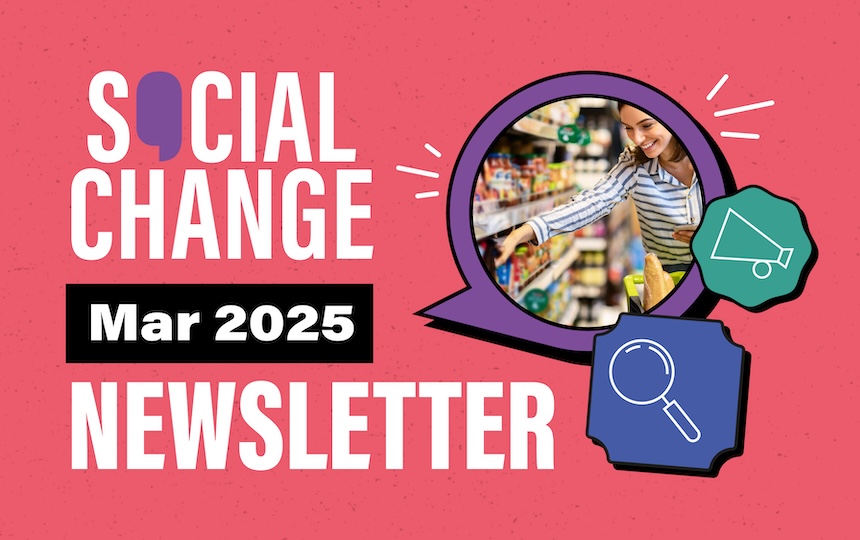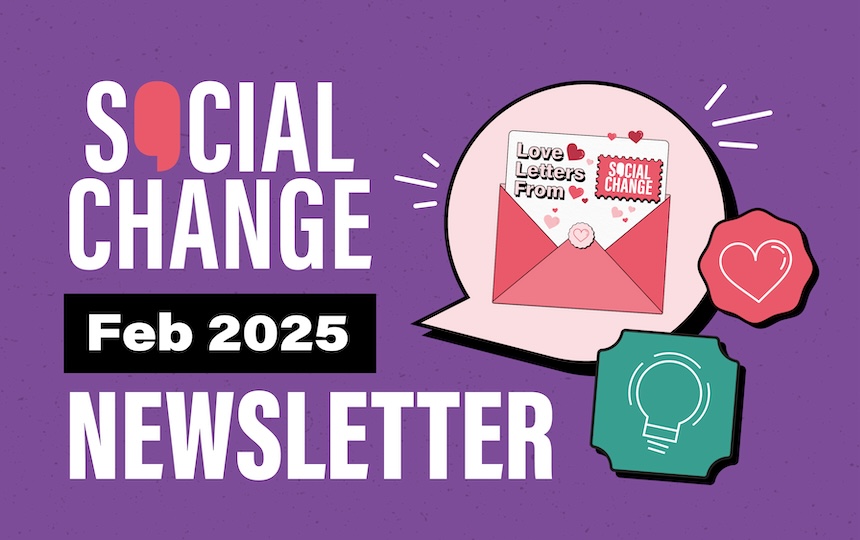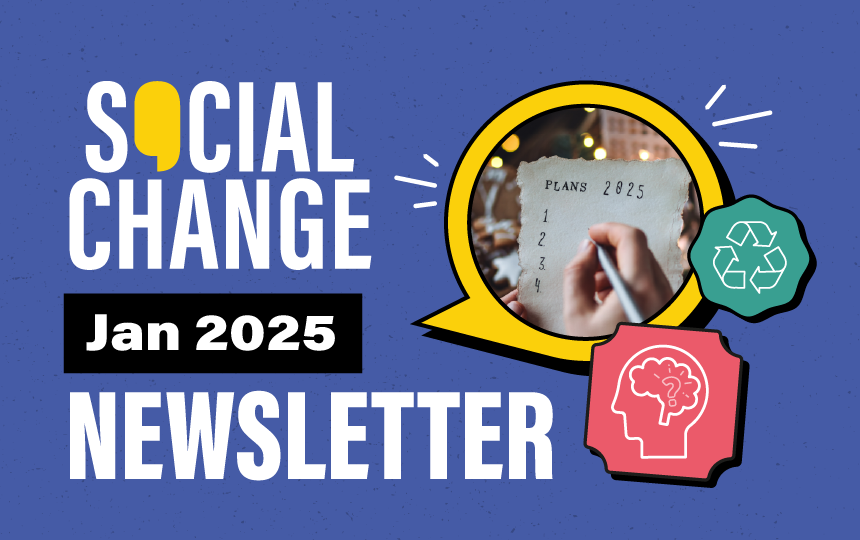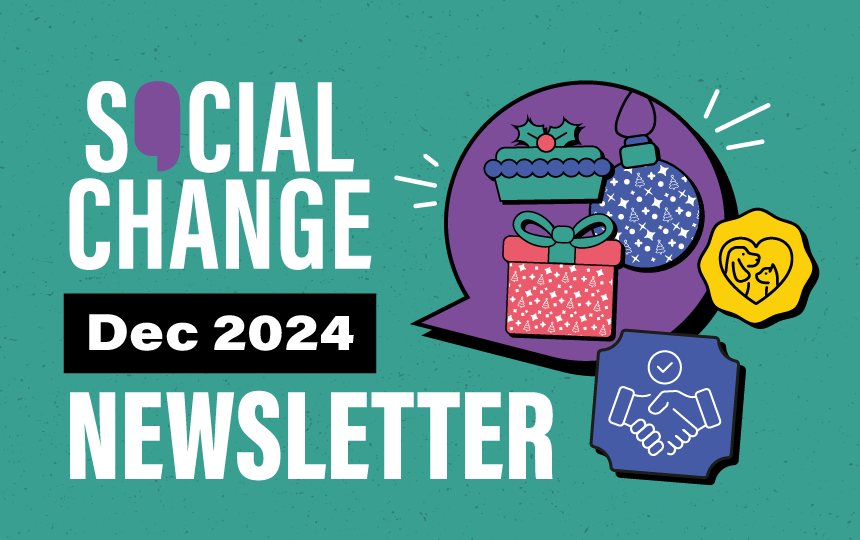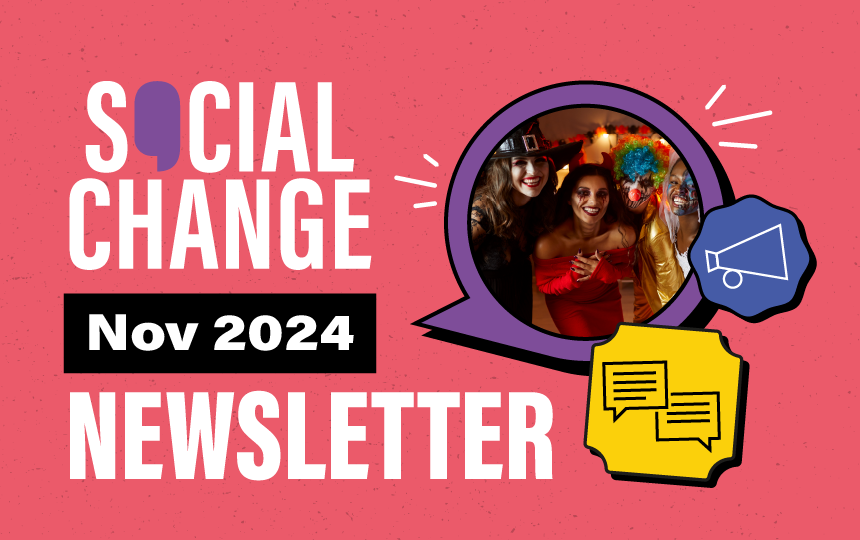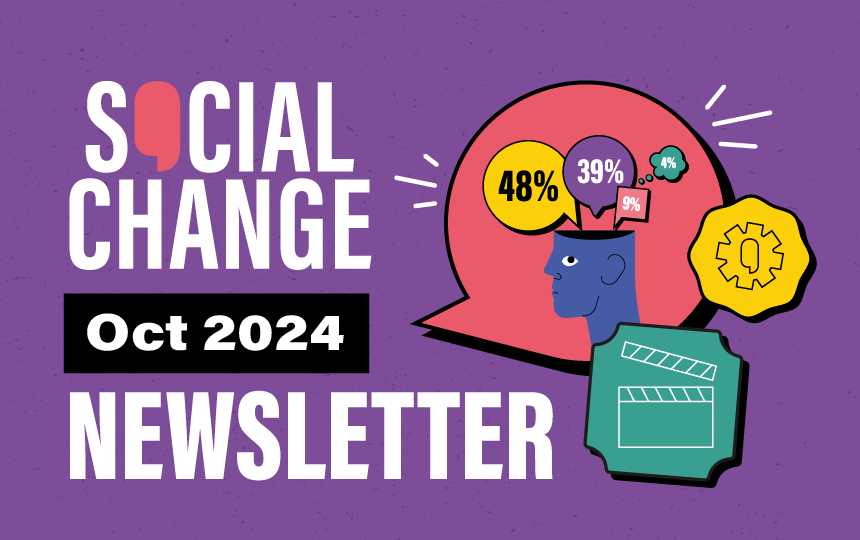This year, Yorkshire Tea pulled off a brilliantly absurd April Fools’ prank by announcing the launch of a “microwaveable tea sachet” - a product that promised the perfect brew in seconds, straight from the microwave.
At first glance, it seemed like a modern convenience. But for anyone who knows Yorkshire Tea’s strong stance on traditional brewing methods, the idea broke the unspoken rules of proper brewing. And that was the point.
The behavioural science behind it: This prank taps into cognitive dissonance, a psychological phenomenon that occurs when someone is presented with two conflicting beliefs or ideas. Here, the trusted, traditional image of Yorkshire Tea clashed with the lazy, almost offensive idea of microwave tea. That internal conflict (“Surely not... but wait, they wouldn’t... would they?”) creates a moment of surprise, which is exactly what makes it funny and memorable.
As die-hard tea lovers, we were truly disgusted by the thought of microwaving our beloved brew!



